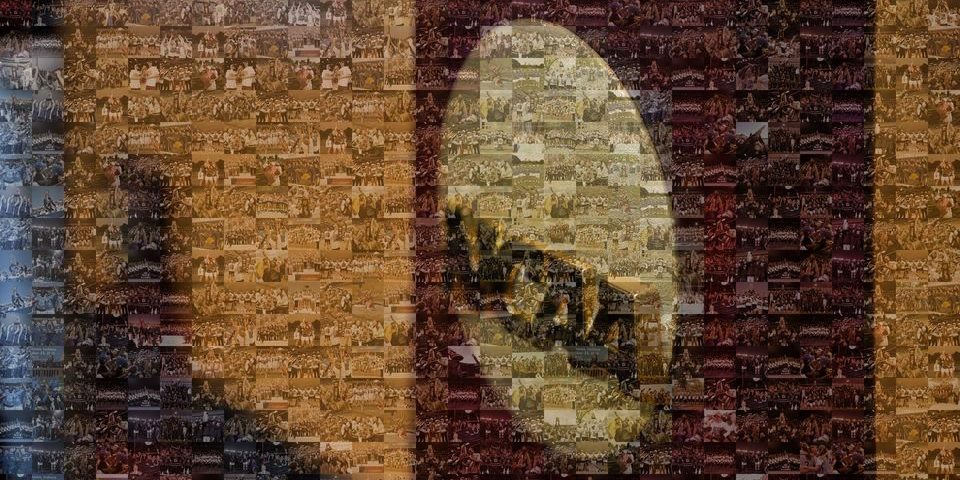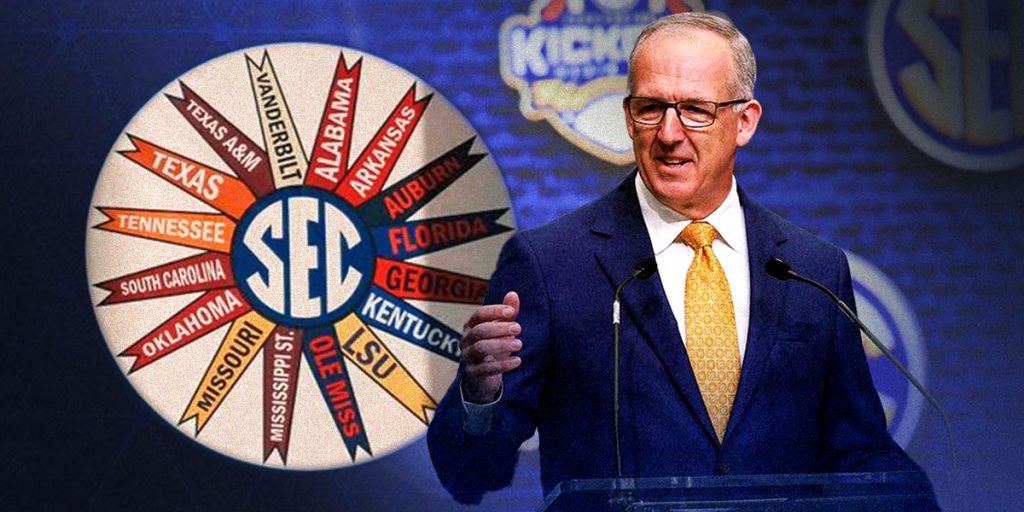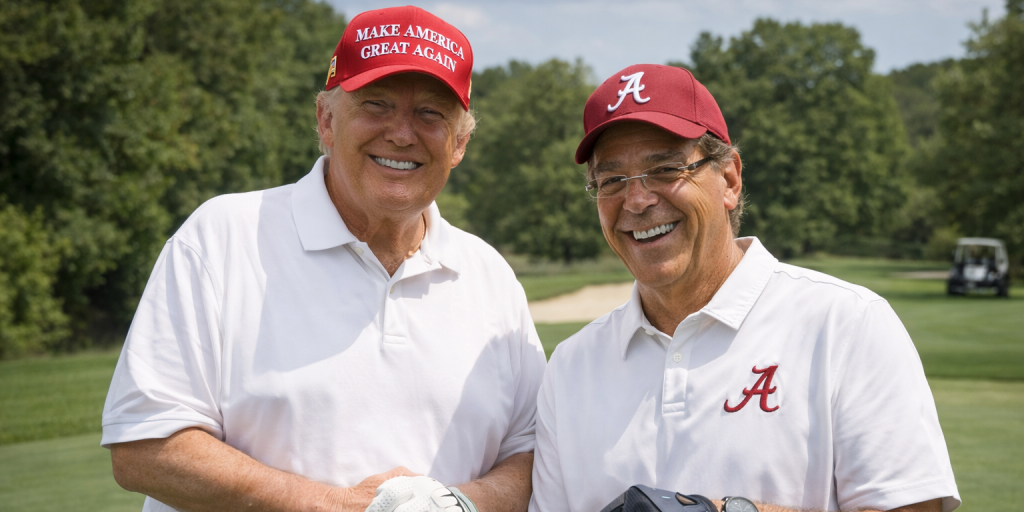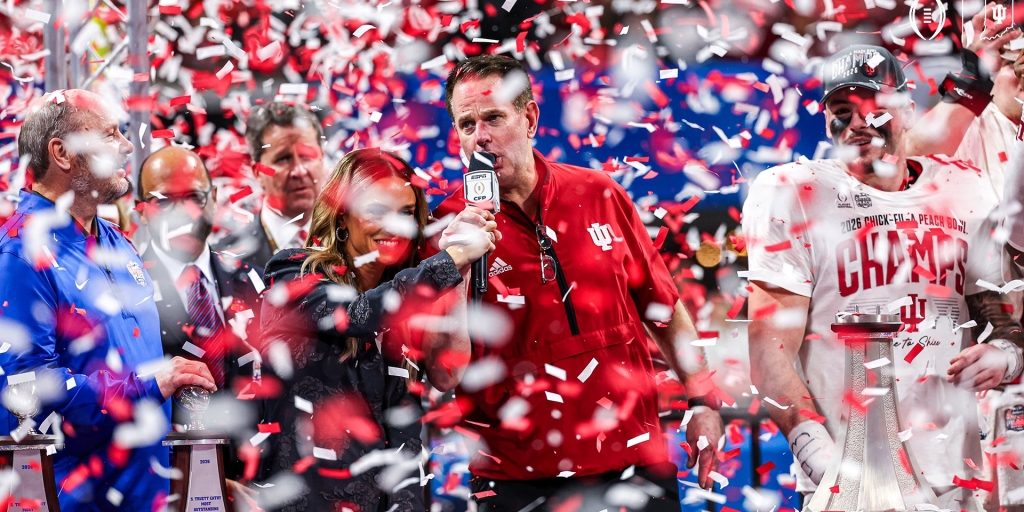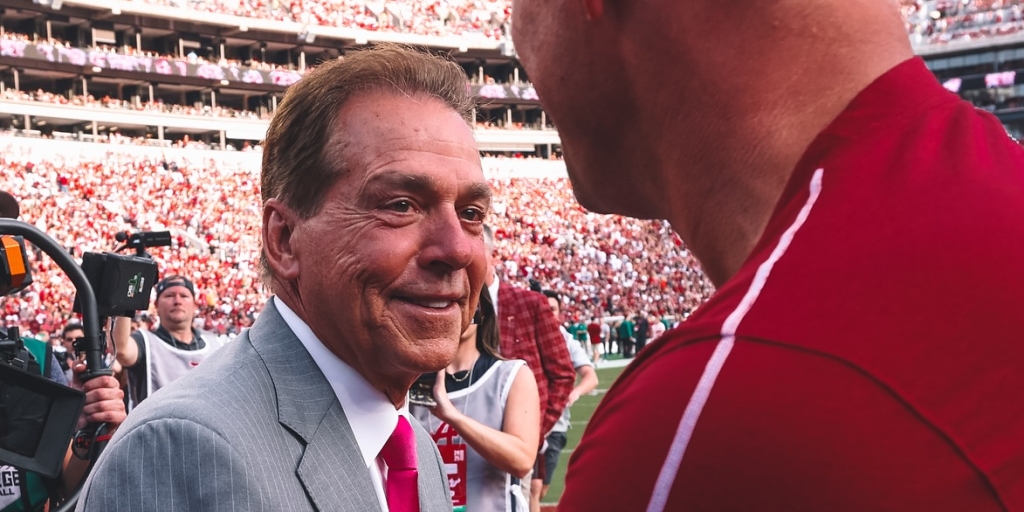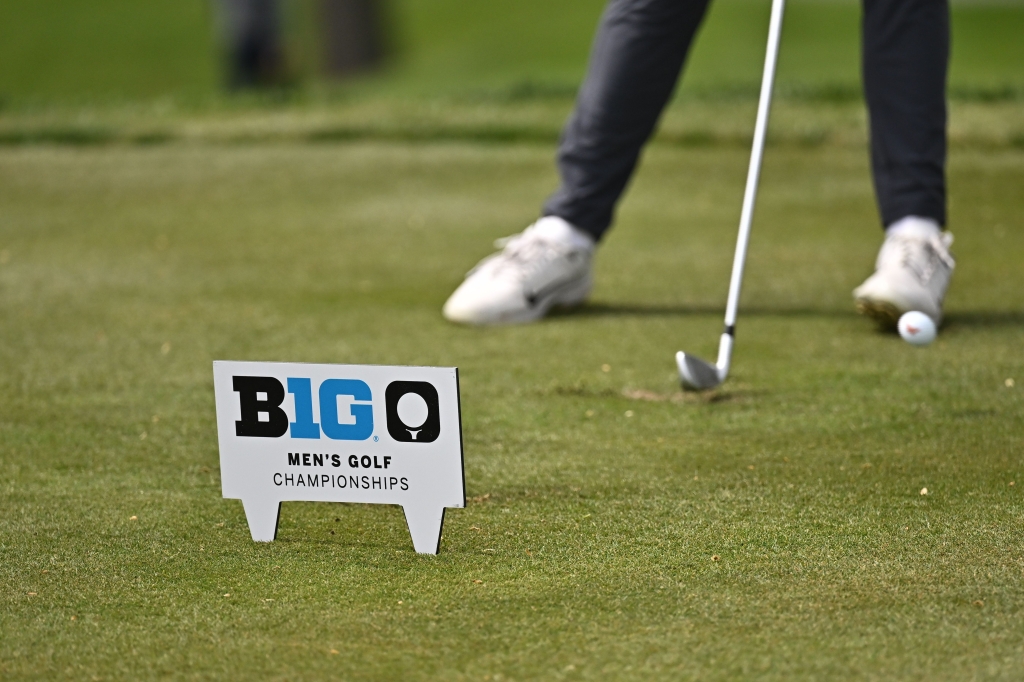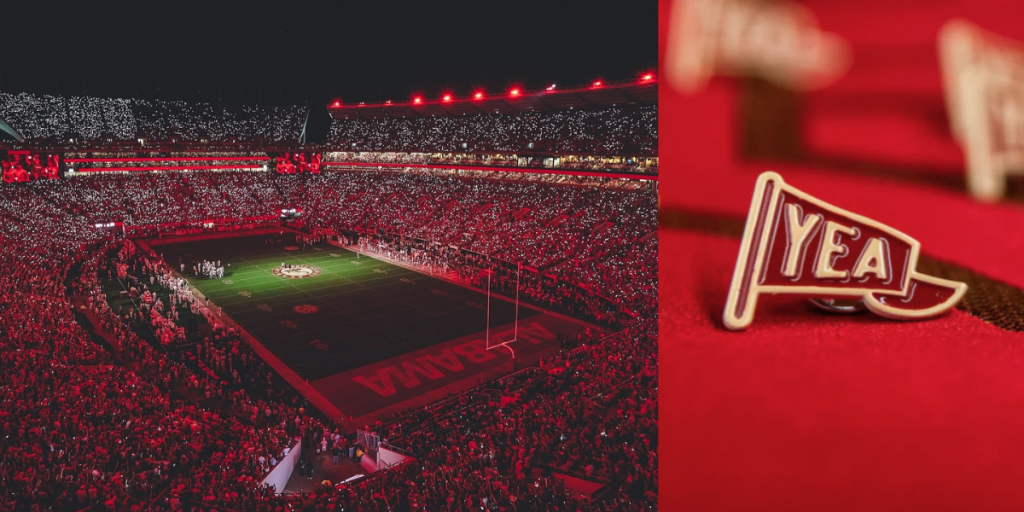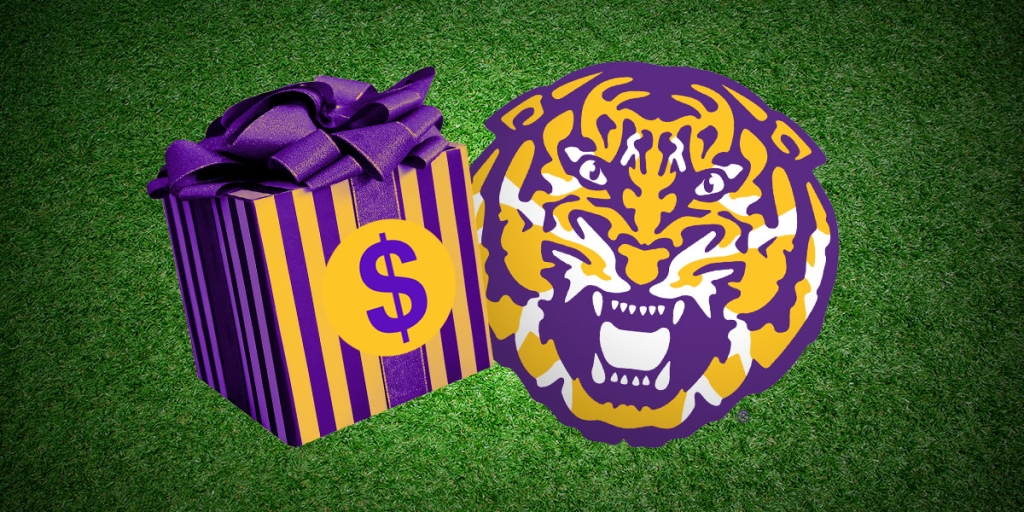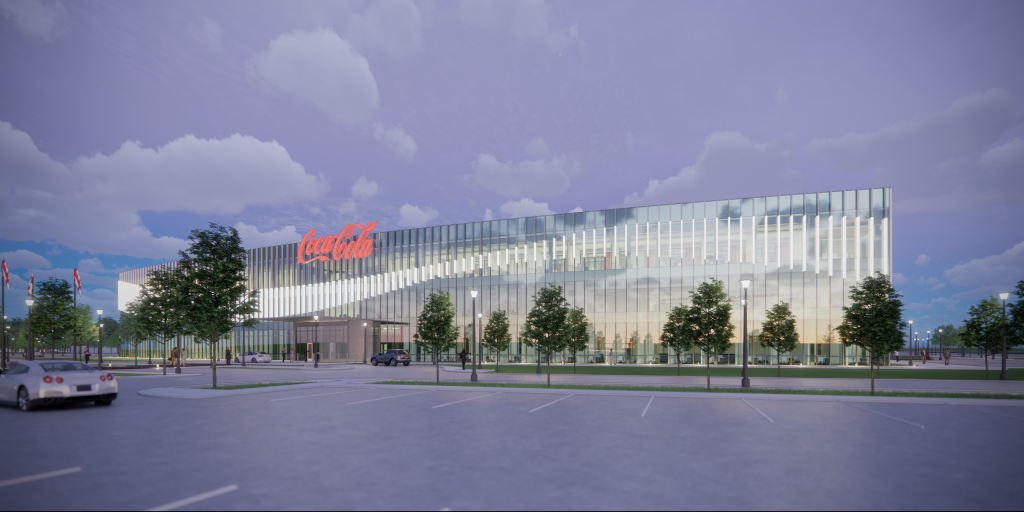In a groundbreaking move that will award athletes more than $15 billion over the next 10 years, the NCAA has joined the ACC, Big 12, and Big 10 in approving a settlement in the House, Carter, and Hubbard antitrust cases.
The presidents of the SEC and Pac-12 were expected to vote today.
The NCAA and all 32 of its Division I conferences will reportedly owe former athletes $2.8 billion in retroactive NIL pay. By the start of the 2025 fall semester, schools will also be able to opt into a system that will allow them to share as much as $22 million a year with their athletes.
“This would be the biggest change in the history of college sports. Period,” Tulane sports law professor Gabe Feldman told Yahoo! Sports.
Filed in 2020 by former Arizona State swimmer Grant House, House v. NCAA alleges that the NCAA’s rules on name, image, and likeness (NIL) violate “federal antitrust laws and the common law.”
For months, leaders in the college sports industry have been pushing for a settlement to avoid the $4 billion bill the NCAA could foot if the organization was to lose in court.
RELATED: NCAA in ‘deep talks’ to settle groundbreaking NIL lawsuit
Antitrust attorney Jeffrey Kessler, leader of the House legal team, told Sportico he would be “very, very pleased” if the settlement is completed and approved, claiming it would lay the groundwork for a new college sports system that is “fair and transformative for the athletes.”
The Hubbard and Carter cases, similar antitrust suits also headed by Kessler, are expected to be consolidated into the settlement.
The vote marks a seismic shift in philosophy for an organization that fought tooth-and-nail to protect the concept of “amateurism” as recently as 2022.
“There have been significant changes and incremental changes,” Feldman said. “The NIL era has opened a lot of doors, but to have athletes share revenue with the schools would be not only monumental but would be contrary to what the NCAA has espoused for a century.”




